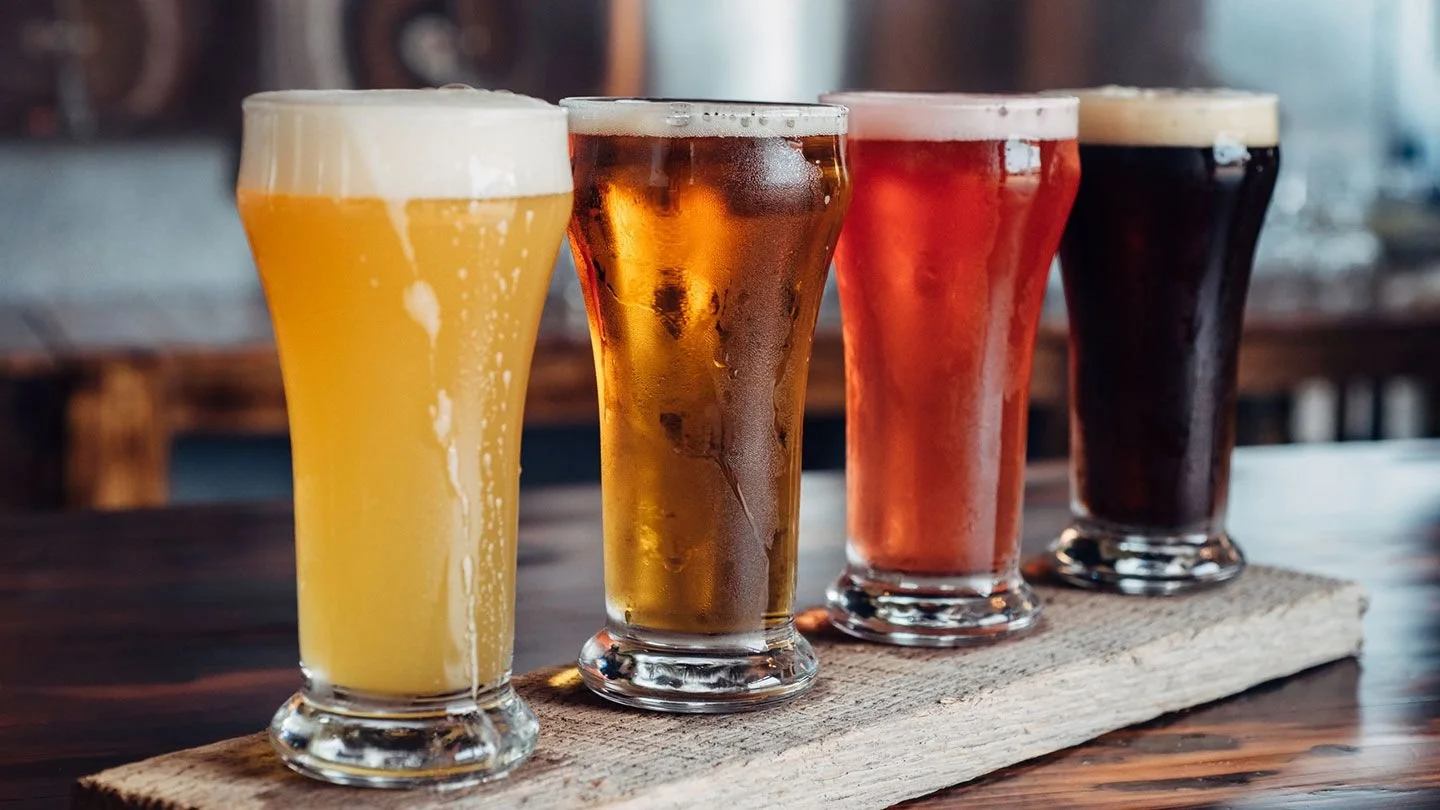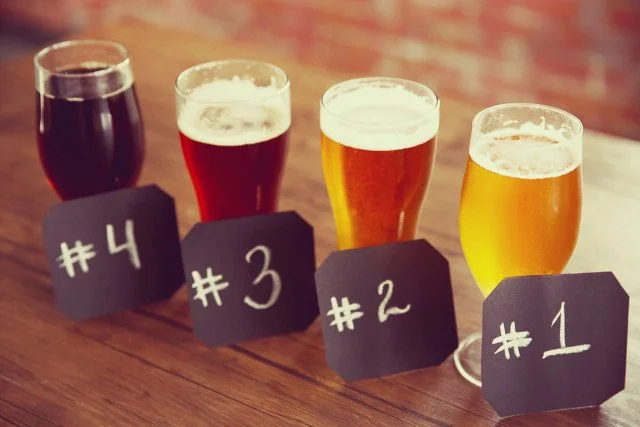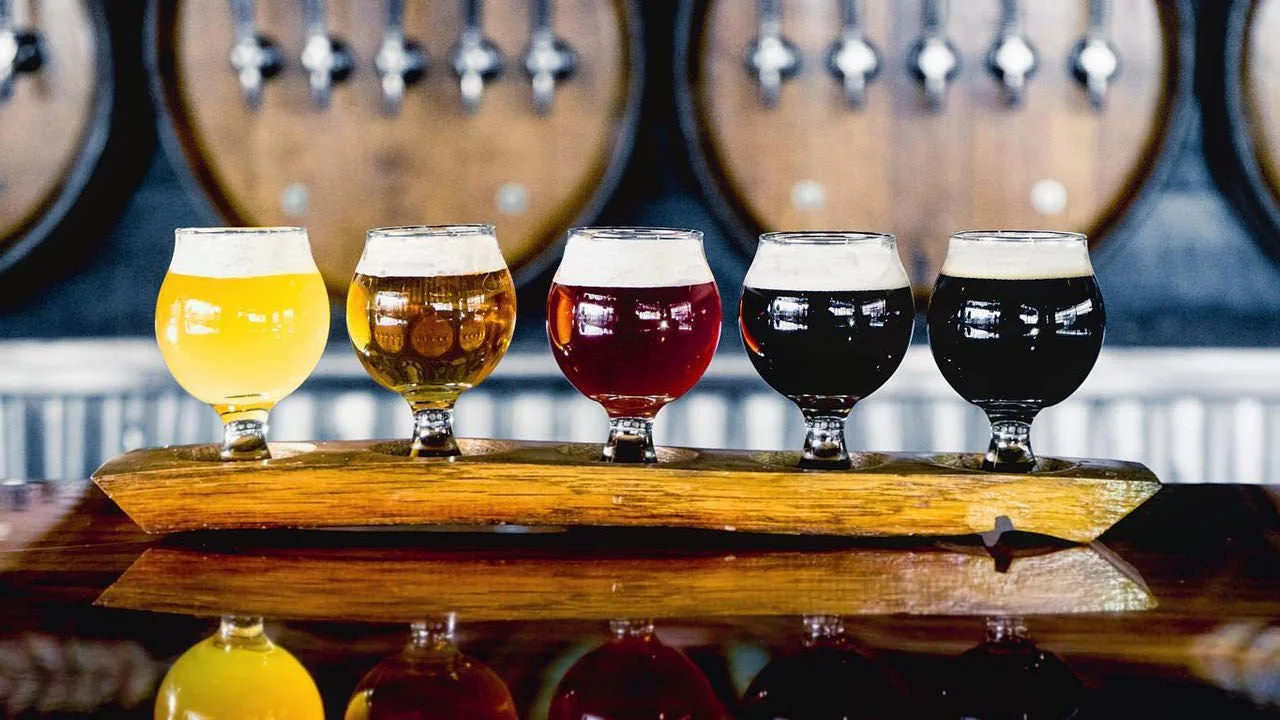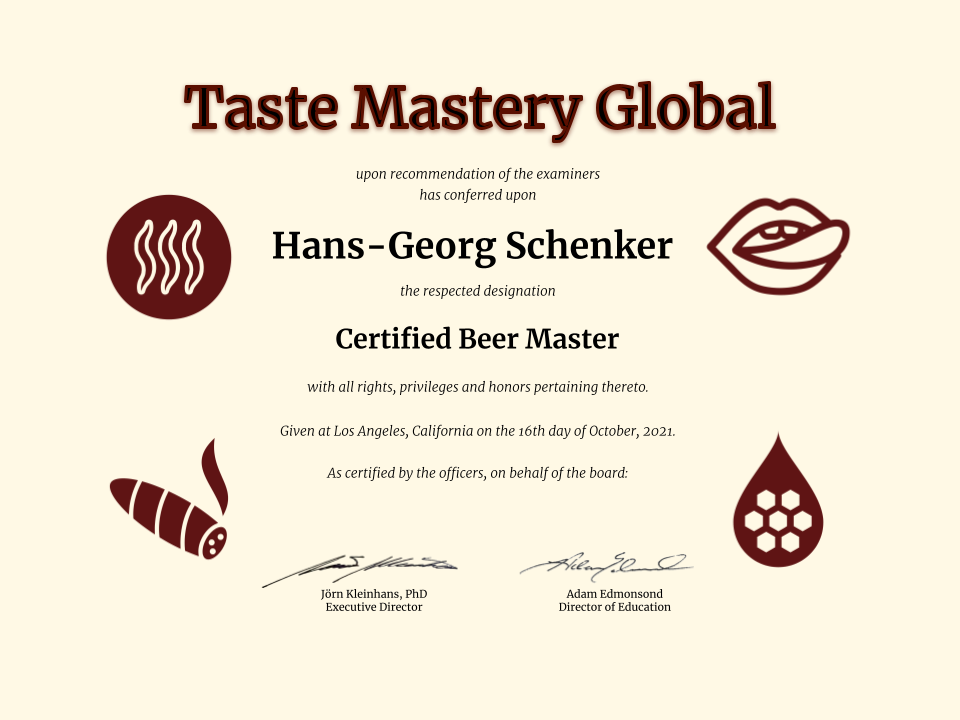Enter the fascinating world of Beer Tasting and Beer Making.
Program Benefits & Features
Those who pass the Certified Beer Master (CBM) exam earn the life-long privilege to carry the title Certified Beer Master (or in short, Beer Master), use the associated postnominals CBM and BM, and receive a diploma and lapel pin, both in digital as well as physical form.
Taste Mastery Global sets the highest global standard for knowledge and competence in the field of Beer. Our study and certification program is the gold standard for aspiring masters. Successful candidates have reported strongly improved career opportunities and a higher level of enjoyment based on the very best body of knowledge available.
The program removes all barriers for candidates (both hobbyists and professionals) located around the world. All studies and examinations are conducted remotely and are managed efficiently by a competent and responsive office team in Los Angeles, California.
Join our study and certification program today, and follow your passion!
Widely considered a “food” more than a beverage, beer has been a reliable and popular refreshment for many centuries, around the world.
From the great classical beer styles of Europe, to today’s American craft beer revolution that ignited the interest in lovers of great, food-friendly flavors.
Discover how beer is separated into Ales and Lagers, how to taste the difference in styles, how to recognize a variety of production processes and purposes.
Experiencing the classic beers is a life-changer, compare them side by side: Porter, Stout, Pilsner, Bock, Schwarzbier, IPA, Amber are just the beginning.
Curriculum for the Certified Beer Master™ (CBM) program:
Understanding Beer
How is beer made
How a brewer tastes beer
National beer traditions
Classic Ale Styles
Pale Ales and Bitters
Mild and Brown Ales
Porters and Stours
German Weizens
Classic Ale Lagers
Pilsners
Bocks
Dunkels and Schwarzbiers
Enjoying Beer
Serving and storing beer
Pairing beer with food
Pub etiquette
Beer travel & maps
Tasting and Describing Beer
Tasting methodology
Tastes, aromas and mouthfeel
Descriptive and evaluative terminology
Sommelier and cicerone skills
Major beer terms
Enrollment Requirements & Process
The Certified Beer Master (CBM) program is a comprehensive study and certification program, and there are no required prerequisites for program enrollment.
We welcome candidates of all backgrounds. Beginners will find the program accessible without prior knowledge, and experienced professionals or hobbyists will find the depth of the curriculum demanding and very satisfying.
The enrollment fee for the CBM study program is $495. This fee includes all necessary study materials, your online exam, as well as your printed diploma upon passing. Note that the registration fees are not refundable once 2 weeks have passed after enrollment. 70-75% of candidates pass on their first-attempt. The fee to retake the exam is $295.
You can reach our office by email or phone any time.
Find our contact information at the bottom of this webpage.
We reply swiftly and will be glad to advise you about all options.
Receiving & Reading the Study Guide
Once you enroll, you will receive an automated confirmation email within a few minutes. In addition, you will receive an emailed welcome package with additional information within a few hours.
The study guide we provide is structured to support exactly the curriculum as outlined above. It is illustrated, clearly written, and highly rated by leading educators and candidates around the world. Anticipated study and preparation time for the exam is between 60 and 90 hours, depending on your prior knowledge and experience.
Enroll now to become a Certified Beer Master:
Scheduling & Taking the Exam
As a candidate, once you are ready to take the exam, you may self-schedule a time slot on our website. A calendar invitation with all important details will be emailed to you immediately upon scheduling. Exams are offered several times each month on Fridays and Saturdays, with convenient time slots available for all global time zones.
Results will reach you via email within two days of taking the exam. The exam consists of 100 multiple-choice questions, and it takes up to 60 minutes to complete. You must correctly answer at least 75% of the questions to pass the exam.
Exam protocol:
The exam may be taken online, in a browser window, using a laptop or desktop computer.
Candidates may be located anywhere in the world, but reliable internet and phone connections are required.
No study materials or other persons are permitted in the room during an exam.
Candidates receive an email with the exam link a few hours in advance of the scheduled appointment time.
Any questions? Reach out to us using this form. We reply quickly and with clear answers.
Receiving the Diploma & Pin
Upon passing the exam, you will receive your printed diploma via mail, on high-quality stationery suitable for framing. You will also receive a beautiful copper lapel pin to wear proudly at any occasion.
Physical copies of the diploma and the lapel pin are shipped from our office in Los Angeles, California. Digital versions are sent in advance via email, together with the exam results.
Many successful candidates take a next step and enroll in one of our other exams, building an impressive portfolio of tasting expertise that can shape their careers and enhance their personal enjoyment.
Take your first step toward certification today!
Your diploma will be printed on thick creme-colored paper and sent to you in a sturdy envelope, together with your copper lapel pin.
Sample Questions from our Coffee exam…the Beer exam has a similar difficulty level
Question 1: Which of the following is a variety of Coffea arabica?
A. Typica
B. Robusta
C. Sumatra
D. None of the above
Question 2: Which of the following factors is most impactful on coffee’s development of complex aromas?
A. Soil quality
B. Fermentation
C. Resting for 30–60 days
D. Roasting
Question 3: Which of the following African countries is commonly recognized as the birthplace of coffee?
A. Tanzania
B. Uganda
C. Ethiopia
D. None of the above
Question 4: The grind size of coffee beans most appropriate for making espresso is:
A. Coarse
B. Medium
C. Fine
D. It depends on which espresso drink one is making.






